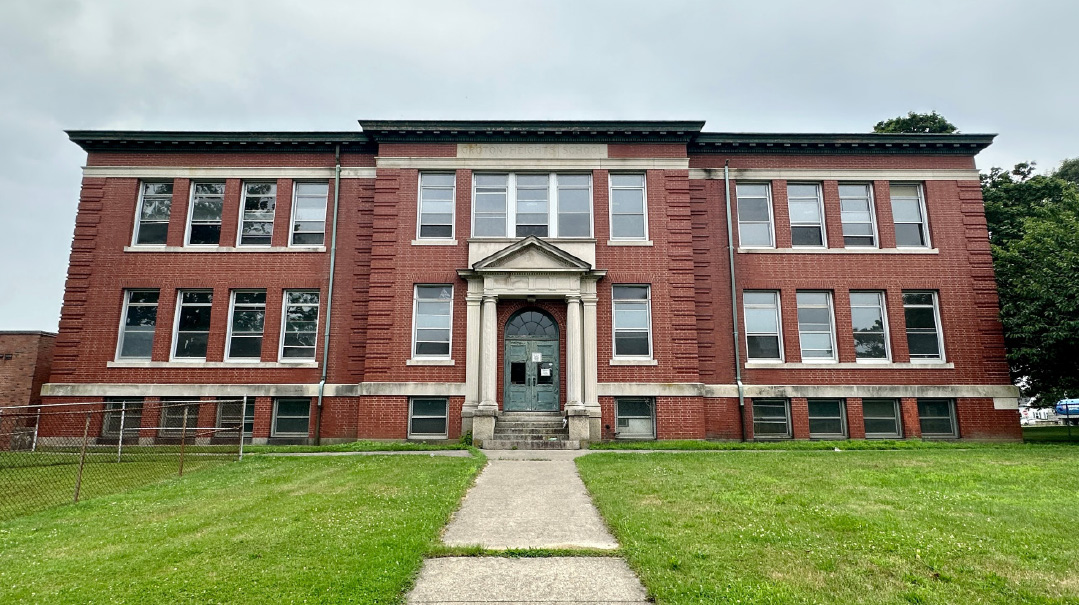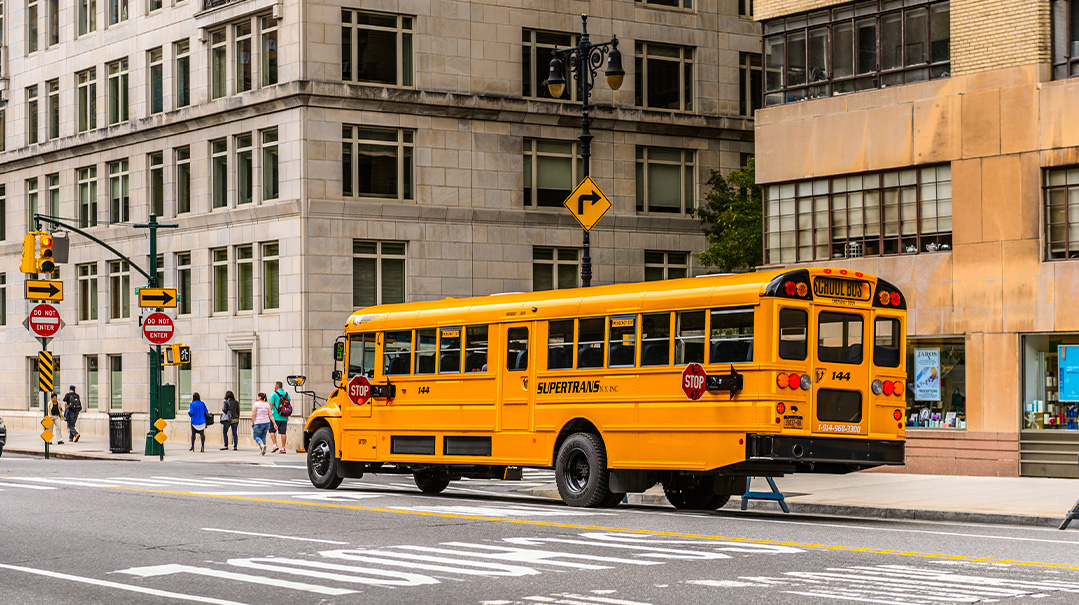Vote for Obscure Office Draws Crowded Ballot


ABnei Brak resident knows about as well as any Boro Parker does what the office of the New York City public advocate is or what powers it has. Its legally defined mission is so ambiguous that even some of those running for the position support shutting it down.
But the former public advocate, Letitia James, has resigned — she won a race last year to become the state’s new attorney general — and the law requires that a special election be called to fill the seat. And that election is Tuesday next week.
With so little to lose, interest groups and communities are seeking to leverage the race to promote their priorities or send a message to the city’s political movers and shakers.
There is little clarity as to what exactly the public advocate does, except that he or she is second in the line of succession if the incumbent mayor can no longer perform his duties. The public advocate is supposed to be a voice of the people when laws are crafted and may propose legislation in the city council, although few understand how that differs from the role of a city councilman.
But the position can serve as a formidable bully pulpit, at least for the political aspirations of the person who sits in it. Since the position was established in 1993, three of its four members have used it as a springboard for higher office — Bill de Blasio is now mayor of the city and Letitia James is the state attorney general.
That might be the reason for the record 33 candidates who have filed to run in next week’s election, although just 17 of them were qualified. Included in the bunch is a vice chairman of the Democratic National Committee, lawyers, activists and several state assemblymen and city councilmen.
The huge number of choices — the ballot had to be totally redesigned to allow for three rows of candidates — means that the eventual winner could be someone who gets less than 10% of the total vote.
For the Orthodox community, cloistered in Boro Park, Flatbush, Williamsburg, and Crown Heights in Brooklyn, with additional pockets in Queens, Manhattan, and Staten Island, this presents an opportunity to express indignation at the state education department’s recent attempt to exert control over yeshivos and other private schools.
In a letter released last week, three roshei yeshivah who have been indelibly linked to the battle for yeshivos’ traditional independence called for the city’s Jews to unite behind a single candidate.
Eric Ulrich, a councilman from Queens, is the only Republican in the race with a realistic chance of winning, wrote Rav Yaakov Bender of Darchei Torah, Rav Elya Brudny of Mir, and Rav Yisroel Reisman of Torah Vodaath. A product and a parent of the Catholic school system, he can rely on Catholic support. If he gets the backing of the Orthodox electorate — worth about 15% to 20% of the vote — that should be more than enough to put him over the top, the three said.
“Electing Eric Ulrich as public advocate,” the yeshivah heads asserted, “will send a loud and clear message to the forces in New York that are looking to control the education of yeshivah children. Councilman Ulrich will use his position of public advocate to fight New York City and state on our behalf.”
A group of Sephardic rabbanim issued a separate letter, also calling on the community to vote for Ulrich, saying that it “will send a loud message to the progressive forces that are looking to control the education of yeshivah children.”
This support is not across the board; the Satmar kehillah of Williamsburg under Rav Zalman Leib Teitelbaum is endorsing Councilman Rafael Espinal. And while Councilman Jumaane Williams is unpopular among his Flatbush district’s Jewish residents, he has been making a concerted effort to reach out to the Orthodox community.
Two things are assured: Very few people will show up the polls, and the eventual winner will be forgotten until the next election — which will take place in November.
(Excerpted from Mishpacha, Issue 749)
Oops! We could not locate your form.













